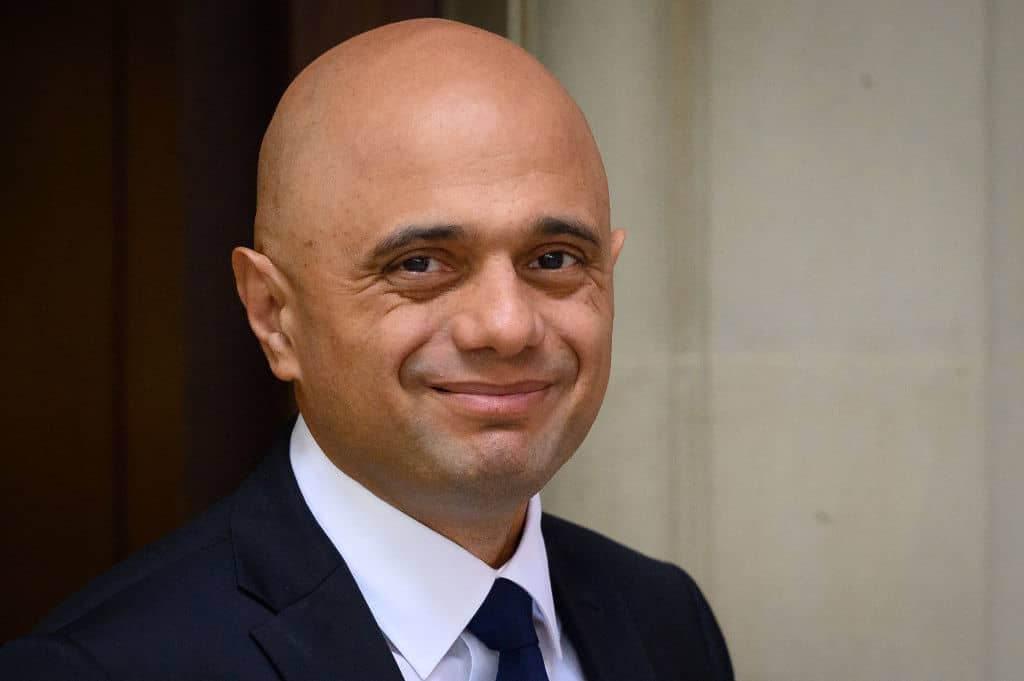The health secretary has announced more money for the National Health Service. It’s a story we’ve heard time and time again – but this time the details are different.
Sajid Javid has committed an additional £250 million for GP health practices to assist them in expanding their hours and upping the number of face-to-face appointments they offer. In-person appointments plummeted during lockdown and have never recovered: they are now hovering around 60 per cent, compared to 80 per cent pre-pandemic.
So what’s new? In short, the money comes with more accountability. A league table is being created to rank surgeries on how many in-person appointments they offer. Patients will also be able to rate their appointments via text-message, putting even more data in the public domain about the quality and efficiency of GP services.
There will of course be some details to work out. For example, the ‘appropriate’ number of in-person appointments may be difficult to determine and could vary between practices in different parts of the country. Some patients may have discovered during lockdown that they prefer to be seen on Zoom, especially for minor or recurring ailments. These requests shouldn’t count against a GP surgery.
But what’s important about Sajid Javid’s latest announcement is a new principle: that more money for the NHS is attached not just to vague pledges about ‘accountability’ or ‘transparency’, but to a system designed to put information in the hands of patients – including the 5.6 million people (and counting) who are now on NHS England’s waiting list, many of whom may be increasingly dependent on access to a GP.
Of course, not everyone likes the idea. The British Medical Association has warned that the package of support ‘could sink the ship altogether’. #MyGP is trending on Twitter, full of personal, positive stories about GPs, and a backlash against the new league system.
It’s a fairly normal reaction to any mention of healthcare reform. As a general rule of thumb, data about the NHS is warmly embraced when it paints the system in high regard, and lambasted when it (almost always) reveals the health service’s shortcomings.
In this case, much of the criticism of Javid’s reforms seems aimed at trying to stamp out data-collection in general. Access to GP services is badly reported in the UK. Even before the pandemic struck, data about waiting times was opaque and what was in the public domain, discouraging.
In 2019 the Health Foundation highlighted that the NHS only started publishing comprehensive GP appointment data in 2018. In December 2019, only 44 per cent of patients were being seen on the day they contacted their surgery (although this is an imperfect picture, as there’s no information about how urgently patients wanted to be seen).
Other (imperfect) data paints a bleak picture. A survey for the primary care magazine Pulse found in summer 2019 that patients were waiting for an average of more than two weeks to see their GP. International comparisons from the OECD in 2013 and 2016 showed the NHS ranking in the bottom half of 11 advanced economies for same-day GP responses.
Javid has promised that the additional £250 million isn’t coming out of an already-allocated pot for the NHS. It’s new money, and many will ask how the top-up came about. After all, tens of billions of pounds have already been earmarked to address the NHS backlog, paid for through a pending tax hike.
It’s a fair question, but one that shouldn’t play down the Department of Health’s new emphasis on making sure the patient experience leads healthcare reform, rather than endlessly pouring more money in and wistfully hoping for better results.
Sign up to my weekly economics newsletter here.








Comments